
Here you will find some top tips on how to drill off a blind rivet and more information on rivets hole diameters and rivet lengths: For more technical advise read on.....
I was amazed recently when I found a semi pro Laser®/ILCA sailor who did not know how to drill off rivets (sometimes called blind rivets) or use a rivet gun. Perhaps I was always time rich and cash poor, but I would always re build booms from broken top masts (making sure to use the part with the official sticker on it); I would end for end my top mast before it broke and I have even end for ended an old bottom mast before it broke due to corrosion at the vang tang position.
So drilling off rivets and replacing them has been a common occurrence for me sailing the Laser®/ILCA. I think the expert I took advice from was an aircraft engineer from HMS Daedalus called Dave Chisholm. Dave impressed on me the importance of the hole; there should be little or no gap between the rivet and the boom for best engineering strength, so whatever you do, do not use a 5mm drill to drill out a 4.8mm (3/16") rivet.
The 0.2mm gap will be cause the rivet to fail almost before you have re tidied up your tool box! Also never drill out a rivet with a 4.8mm drill; you will find that the rivet will wonder as the rivet is usually harder than the aluminium spar it is attached to.
Dave was keen to drill out the centre of the rivet first with a tiny drill and then use an over size drill to take the collar off it. I always found that the rivets would start to spin if I did this, which would cause more damage to the hole I was trying to protect. Hence the video represents what I now do for my Laser® spars. In words this is drill off the collar with a large sharp drill (larger drills need a slower drill speed to cut) and then punch out the centre of the rivet, taking care to not damage the hole.
Ideally we should put rivets into a perfect 4.8mm hole if you plan for the boom to last a long time, then also use Duralac - which prevents dissimilar metal corrosion. Rooster can supply rivets in stainless. They are stronger but require a reasonable rivet gun.
Our rivets come in 3/16" (4.8mm) as do all rivets on the market (I think they are made in the US) We sell them in 8mm, 12mm and 16mm shank length.
Basic rule of thumb is look at the 'job' you are trying to attach to a spar. Make sure that you have at least 4mm of excess rivet on the inside of the spar for the rivet to spread and hold. So we use the 8mm rivet on end caps, 12mm on normal fittings, but the 16mm on the kicker plate on the boom and on the outer end of the outhaul deck eye. I also use the 16mm on the top mast collar for security.
Oh and forgot to mention on the lower mast plugs we use an aluminium counter sunk rivet as there is little load on the plug and it is important if they are proud that they are soft so they do not damage the mast tube.




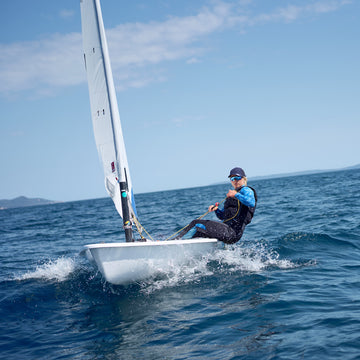

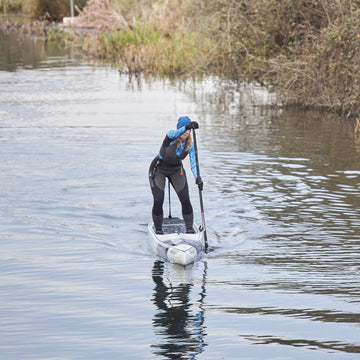

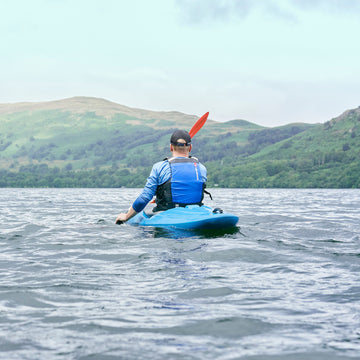
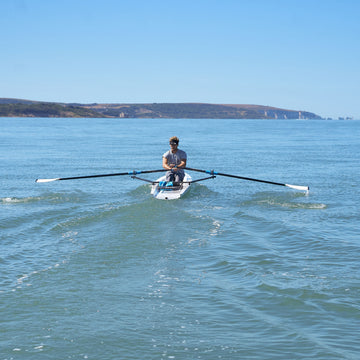
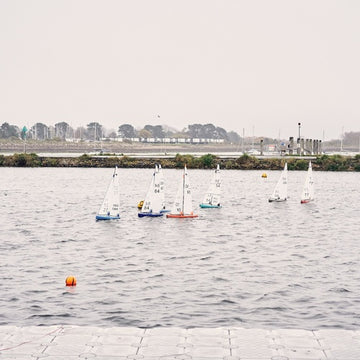
 Select Store
Select Store
 EU
EU
 US
US

